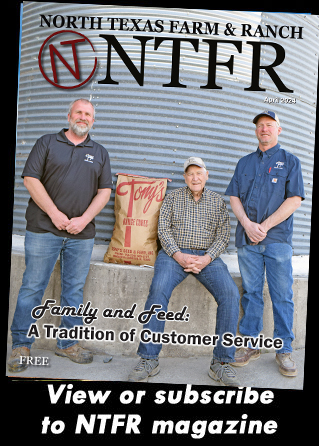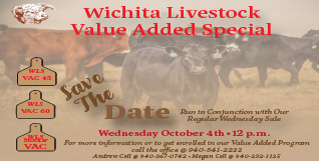Farm & Ranch
Well-owner training set for Jan. 28 in Seguin
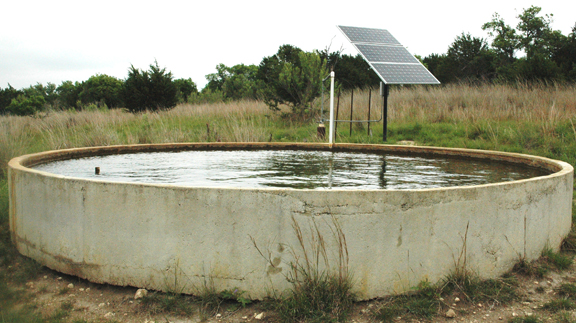
By: Paul Schattenberg
SEGUIN — Anyone interested in private water well management is invited to a Texas Well Owner Network training Jan. 28 in Seguin. The workshop is being offered to area private water well owners through collaboration with the Geronimo and Alligator Creeks Partnership.
The training, which is free and open to the public, will be from 8:30 a.m.–3:30 p.m. at the Big Red Barn, 390 Cordova Road, said Drew Gholson, Texas A&M AgriLife Extension Service program specialist and network coordinator in College Station.
“The TWON program is for Texas residents who depend on household wells for their water needs, so they can learn about improving and protecting their community water resources,” Gholson said. “The program was established to help well owners become familiar with Texas groundwater resources, septic system maintenance, well maintenance and construction, and water quality and treatment.”
He said participants may bring well-water samples to the training for screening. The cost is $12 per sample, with payment due when samples are turned in.
“We invite private well owners to bring in a water sample to be screened for nitrates, total dissolved solids and bacteria,” Gholson said.
Well owners who would like to have their water sampled can pick up two sample containers from the AgriLife Extension offices in Guadalupe or Comal counties.
Bringing water samples to the training is not required, Gholson said, but those wanting to have water samples analyzed must attend the training.
Space is limited, so attendees are requested to register at http://twon.tamu.edu/training or by calling 979-845-1461 as soon as possible.
The training is one of 30 statewide conducted through the Preventing Water Quality Contamination through the Texas Well Owner Network project. Other scheduled trainings include Navasota, San Antonio and Round Rock.
“The core content of this program is the same as other trainings, but the information is tailored to local water quality issues and aquifers,” he said.
Gholson said more than 1 million private water wells in Texas provide water to citizens in rural areas and increasingly to those living on small acreages at the growing rural-urban interface.
“Private well owners are independently responsible for monitoring the quality of their wells,” he said. “They are responsible for ensuring their drinking water is safe. This means they are responsible for all aspects of the water system – testing, inspecting, maintaining – and this training will help private well owners to understand and care for their wells.”
Funding for the Texas Well Owner Network is through a Clean Water Act nonpoint source grant provided by the Texas State Soil and Water Conservation Board and the U.S. Environmental Protection Agency. The project is managed by the Texas Water Resources Institute, part of Texas A&M AgriLife Research, the AgriLife Extension and the College of Agriculture and Life Sciences at Texas A&M University.
-30-
Farm & Ranch
Hazards of Backyard Poultry
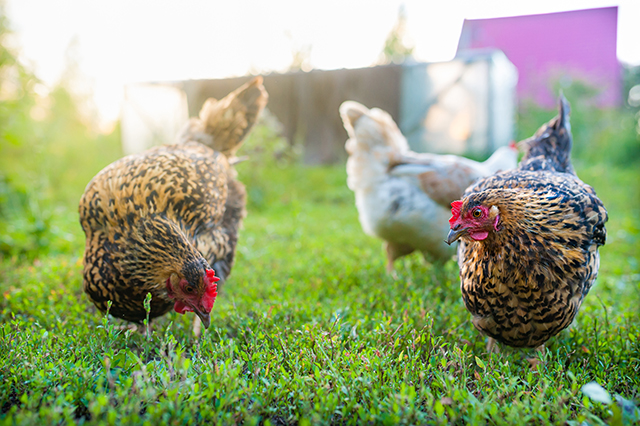
By Barry Whitworth, DVM
Having backyard poultry is a popular agriculture enterprise. According to the United States Department of Agriculture, 0.8 percent of all households in the United States have chickens. People keep chickens for a variety of reasons with table eggs being one of the more common reasons.
Unfortunately, some of these poultry producers are not aware of the hazards that come with keeping poultry because many times they carry pathogens but appear healthy.
Chickens are carriers of several zoonotic diseases. These are diseases that can be passed from animals to humans. According to a recent survey in Pennsylvania, a majority of backyard poultry producers were aware of the dangers of avian influenza. However, this study also revealed that far fewer producers were aware of the risk of possible exposure to Salmonella and Campylobacter.
The lack of knowledge about the hazards of raising poultry likely contributes to the continued issues of Salmonella outbreaks associated with backyard poultry. In 2023, the Centers for Disease Control and Prevention reported 1,072 illnesses of Salmonella linked to backyard poultry, and 272 of those patients required hospitalization. Oklahoma reported 43 individuals with the disease.
To read more, pick up a copy of the April issue of NTFR magazine. To subscribe by mail, call 940-872-5922.
Farm & Ranch
Ag Elsewhere: Wyoming
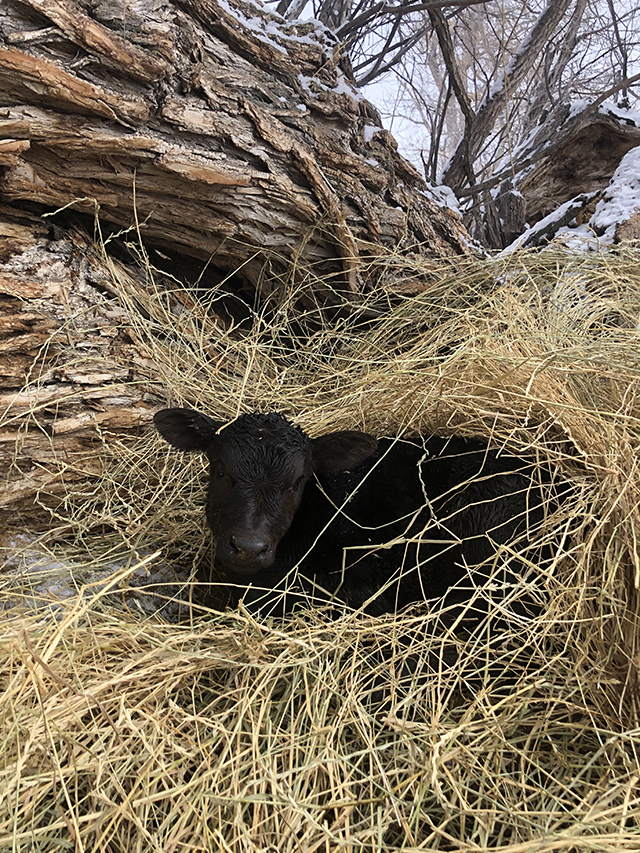
By Tressa Lawrence
Babies are tucked away in every nook and cranny. Many ranchers across Wyoming have baby animals popping up all over this time of year.
Farm & Ranch
Ag Elsewhere: Montana
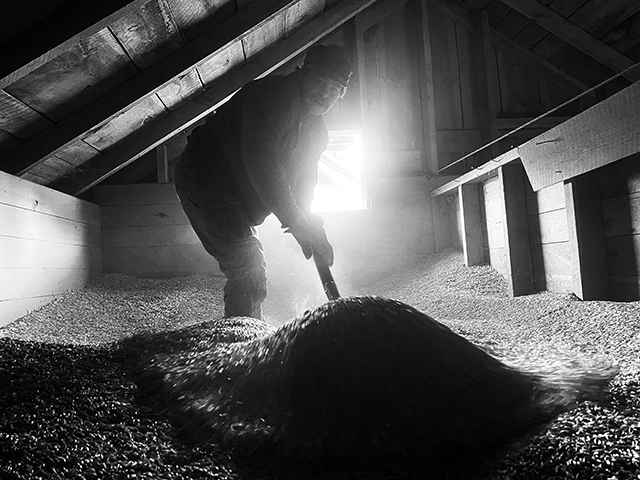
By Lindsey Monk
Another load of grain in to keep feeding the calves until the green grass can really start popping.
-

 Country Lifestyles1 year ago
Country Lifestyles1 year agoScott & Stacey Schumacher: A Growth Mindset
-

 Equine7 months ago
Equine7 months agoThe Will to Win
-

 Country Lifestyles7 years ago
Country Lifestyles7 years agoStyle Your Profile – What your style cowboy hat says about you and new trends in 2017
-

 Country Lifestyles4 years ago
Country Lifestyles4 years agoAmber Crawford, Breakaway Roper
-

 HOME7 years ago
HOME7 years agoGrazing North Texas – Wilman Lovegrass
-

 Country Lifestyles7 years ago
Country Lifestyles7 years agoDecember 2016 Profile, Rusty Riddle – The Riddle Way
-

 Country Lifestyles8 years ago
Country Lifestyles8 years agoJune 2016 Profile – The man behind the mic: Bob Tallman
-

 Outdoor9 years ago
Outdoor9 years agoButtercup or Primrose?

